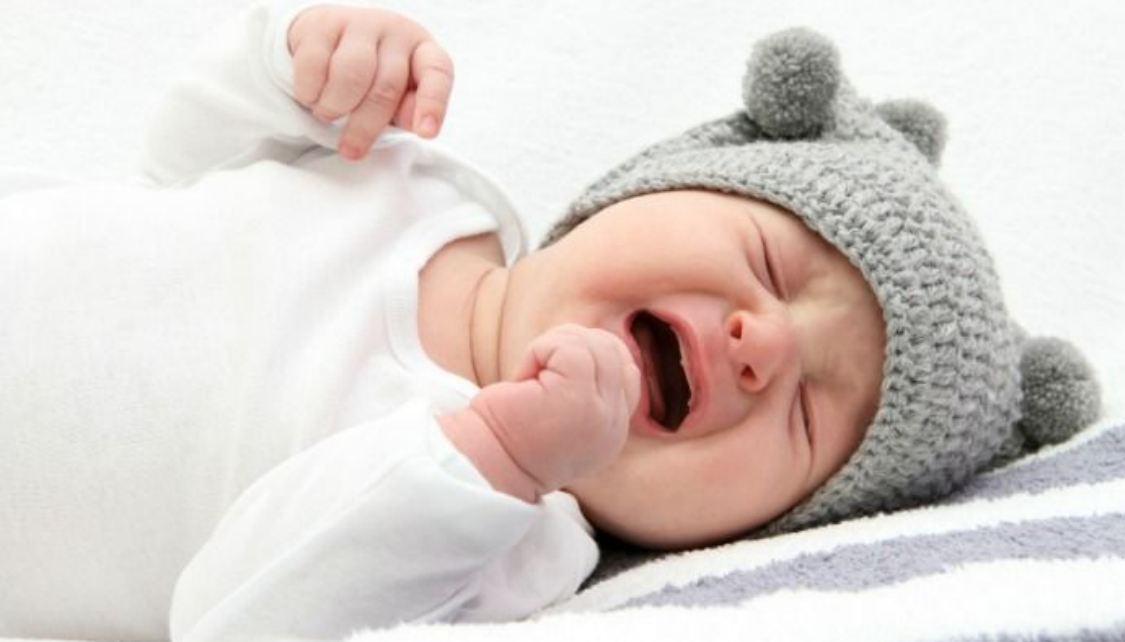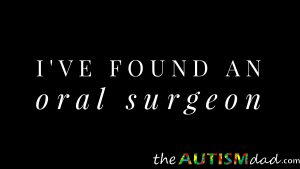This is a collaborative post
When you are expecting a baby, you try to be prepared for everything. There’s more to worry about than just picking out a good infant car seat. You need to stock up on baby lotion, powder, and get all the accessories, including the bath, baby mobile, crib, and of course, purchase a car seat. However, there are some common skin conditions, allergies, and health issues your baby is likely to suffer from in the first few weeks that you need to be prepared for if you would like your little one and family members to get a good night’s sleep. Find out more about the most common conditions and parenting challenges below.
1. Chronic Colic
If your baby feels bloated and cannot digest milk or food, you will need to see a specialist. As there are no obvious symptoms of colic, and it is considered very common among babies, you could simply put down the crying for being moody and tired. However, if your baby looks like they are in pain, you will need to find a solution. Get some soothing baby oil, and enroll to a baby massage course in your neighborhood. You can learn how to ease the pain and help your little one’s digestive system get used to the new type of nutrition. While breastfeeding is better for children suffering from colic than formulas, you can still be kept up all day and night by your baby.
2. Ear Infection
Another condition that you cannot be really prepared for. Make sure that you always cover your baby’s ears when going on a walk, and even when you open the windows to let fresh air in. Clean your little one’s ears every time you give them a bath gently, but also make sure that you don’t push ear wax inside the tunnel. You can use q-tips and cotton buds to wipe the ear on the outside, though. If the ear infection is not going away in a few days, or the ear
becomes red, it is time to call the doctor.
3. Food Allergies
 Image by scarymommy.com
Image by scarymommy.com
In some cases, babies will develop allergic reactions to certain types of food. Some neonatal professionals say that you should not give your baby milk products before their first birthday, as this can trigger allergies. Some babies’ tummies will be sensitive to small seeds in berries, as well as citrus food. Always introduce new type of food in small amounts, and make sure you keep a diary to find out what could have triggered the reaction. Food allergies can cause swelling in the mouth, skin rashes, and even upset stomach, diarrhea, and loose stools.
4. Rashes
If your baby’s rashes don’t go away after a week, you will need to seek professional advice. There are several potential causes of a skin rash, including contact with chemicals, not changing diapers often enough, or even the ingredients of your laundry detergent. Your little one might have rashes all over their body, which is a sign of a severe allergic condition which needs to be investigated. Your doctor can prescribe antihistamines and steroid cream, but you also need to make sure you use skin-friendly laundry products, keep your baby’s skin clean and dry at all times, and use quality baby bath products.
5. Baby Acne
If you think that acne is only a problem teenagers face, you will be surprised how many newborns suffer from infant acne. The pimples will first appear on the cheeks, face, and forehead in the first month. The spots generally disappear after a few weeks, but if they are getting worse or seem infected, you will need to talk to your nurse who will prescribe an antibacterial cream and moisturizing products. If your baby is older than three months, and they just developed blackheads, you will need to talk to a dermatologist, as the problem is
likely to be more serious.
6. Allergic Dermatitis
This is one of the most common skin conditions among newborns. While all parents try to prevent it from happening, even changing the baby cream, bath oil, or the laundry detergent can trigger the symptoms. If it is left untreated, it can develop into more serious issues, such as eczema or rosacea. Contact dermatitis is caused by irritants, such as perfumes, plants, latex or rubber, and strong adhesives. If you are suspecting that your baby is suffering from skin sensitivity, ask for advice on which products to use. If you wear perfume when looking after your baby, you might need to swap it or stop using it, as it can cause skin irritation. Dermatitis at an early age generally clears up after you remove the irritant, but if the redness persists, your doctor might prescribe some hydrocortisone cream to calm the skin.
7. Pink Eye
 Image by PxHere
Image by PxHere
While this condition is not very common, it can look very scary. Pink eye or conjunctivitis is easy to treat, and is often spotted by the doctor before you leave the hospital. It can be caused by an infection, and can be contagious. In some cases, it is triggered by an allergen. You have to contact your health care provider to find out whether it is a viral or bacterial infection, to get the right treatment. The condition can quickly spread to the eyelids and sores can appear, resulting in hospitalisation. If your baby has this condition, they will not be allowed in daycare. Bear in mind that newborns’ immune system is still developing in the first few months, therefore, they are more susceptible to infections and allergic reactions.
All parents want to be prepared for every unexpected illness and allergic reaction and would like to give their babies the best start in life. However, there are some conditions that you simply cannot avoid or get ready for. It is recommended that you take a neonatal care course at your local clinic and learn methods to soothe your baby, so you can help them deal with the infections, allergies, and rashes they are likely to suffer from in the first few weeks of their lives. Do your best to prevent these conditions, but if you can’t, make sure you know what to do next to avoid complications.


This is the very rare and unique info for all peoples because its benefits is its find on google so easy and i have share this info with friends because its really so educational info and its help me in my education thanks and keep writing.
Baby Acne Proper Hygiene